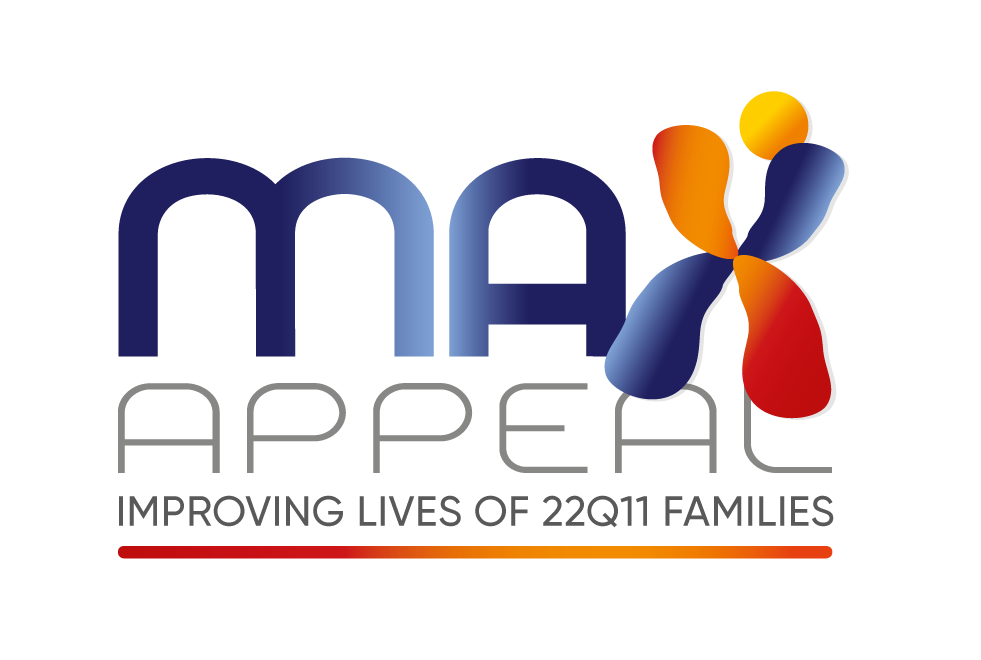Leah
This is a synopsis of the life of Leah Ryan as at July 2020.
Leah was born in 1997. During the first 6 weeks of life she seemed to have breathing difficulties, and after further detailed examination she was found to have a small hole (VSD) in her heart. This diagnosis did not require further surgical intervention - the hole seemed to have mended itself by the time Leah was 3 years old. As a young child she was often unwell, and she had hearing problems which got more evident by the time she started school. Grommets were tried and rejected. Learning difficulties became noticeable. Leah had only one friend in primary school and their friendship helped each of them get though the difficulties of school. One of her other classmates told her that they did not want her to play with them because “she was different”.
A speech therapist who was discussing her nasal voice commented that her tongue was too big but she would grow out of it. In her final year in JMI it was suggested that she should not take her SATS – presumably because her expected low scores would affect the overall school rating. In the spring term of her first year at secondary school Leah saw a consultant at a local children’s centre who commented on the fact that she wasn’t standing flat on her feet. He ordered a FISH test for her, and the result was a diagnosis of the 22q11.2 deletion syndrome – also known as Di George or VCFS. Her posture, hearing problems, VSD, learning difficulties, nasal voice and lack of friends / social skills are all symptoms of 22q11 – but it had taken 12 years for someone to recognise the combination.
Following her diagnosis, the rest of the immediate family were tested and Leah’s mother Sarah was also found to have the condition – but not Dad nor big brother. An all-day appointment at Great Ormond Street Hospital with seven different consultants was revealing to say the least. Finding the Max Appeal web site and the 22q information thereon helped explain a lot. The family became Max Appeal supporters, speaking at the launch of the Consensus Document (advisory 22q treatment and monitoring), organising several “22q at the Zoo” meet-ups, and it was their invited MP who proposed the establishment of an All Party Parliamentary Group (APPG) specifically for the 22q genetic syndrome.
At secondary school Leah continued to struggle, but made her own PowerPoint presentation about 22q and was awarded a “courage” medal by her schoolmates for making a speech in assembly about the condition. In her final year she was the recipient of “The Head Teachers Award” – given not for academic or sporting achievements but for services to the school. Comments made included: -
· “She brightens up all of our days” : “She’s a determined young lady”
· “She always sees the best in things” : “I’ve never seen her miserable, ever!”
· “No matter what she comes up against, she always overcomes it with a smile on her face.”
· “22q11 deletion syndrome basically could have given Leah a lot to complain about in life, and has made learning more difficult for her than most of us. But, far from complaining, she has approached life with a sunny disposition and a positive attitude.”
Attendance at Dunstable college allowed Leah to mature, and she developed a small circle of close friends who are regularly in touch some five years later. The family moved to Northamptonshire, and so Leah then learnt how to cope with trains, taxis and buses in order to continue at college. Leah’s primary school friend remains in regular contact after 20 years. Leah and all her friends do video group chats and meet-ups when possible. They have been an amazing part of Leah’s life, helping her to overcome tasks and challenges that she thought she could never do due to having 22q.
Leah’s GP has been supportive, but there is little that can be done. She is on regular check-ups from an Orthopaedic Consultant for fused neck vertebrae, Nephrology because of a small kidney, Dermatology for a skin complaint, Immunology and Endocrinology. She received the ‘official’ NHS letter advising her to ‘shield’ during the current Covid-19 pandemic. Every day she suffers from pain, discomfort and sleep deprivation – but she continues to amuse herself with her computer, her artistic skills, and her fascination with Harry Potter.


